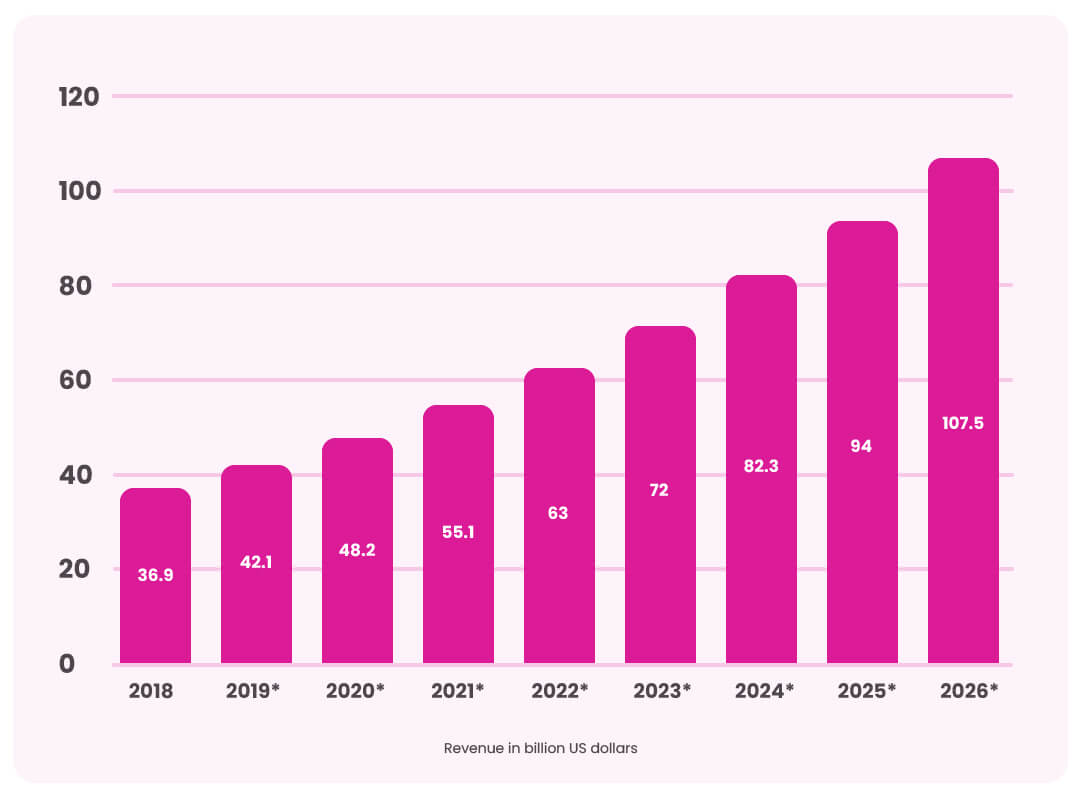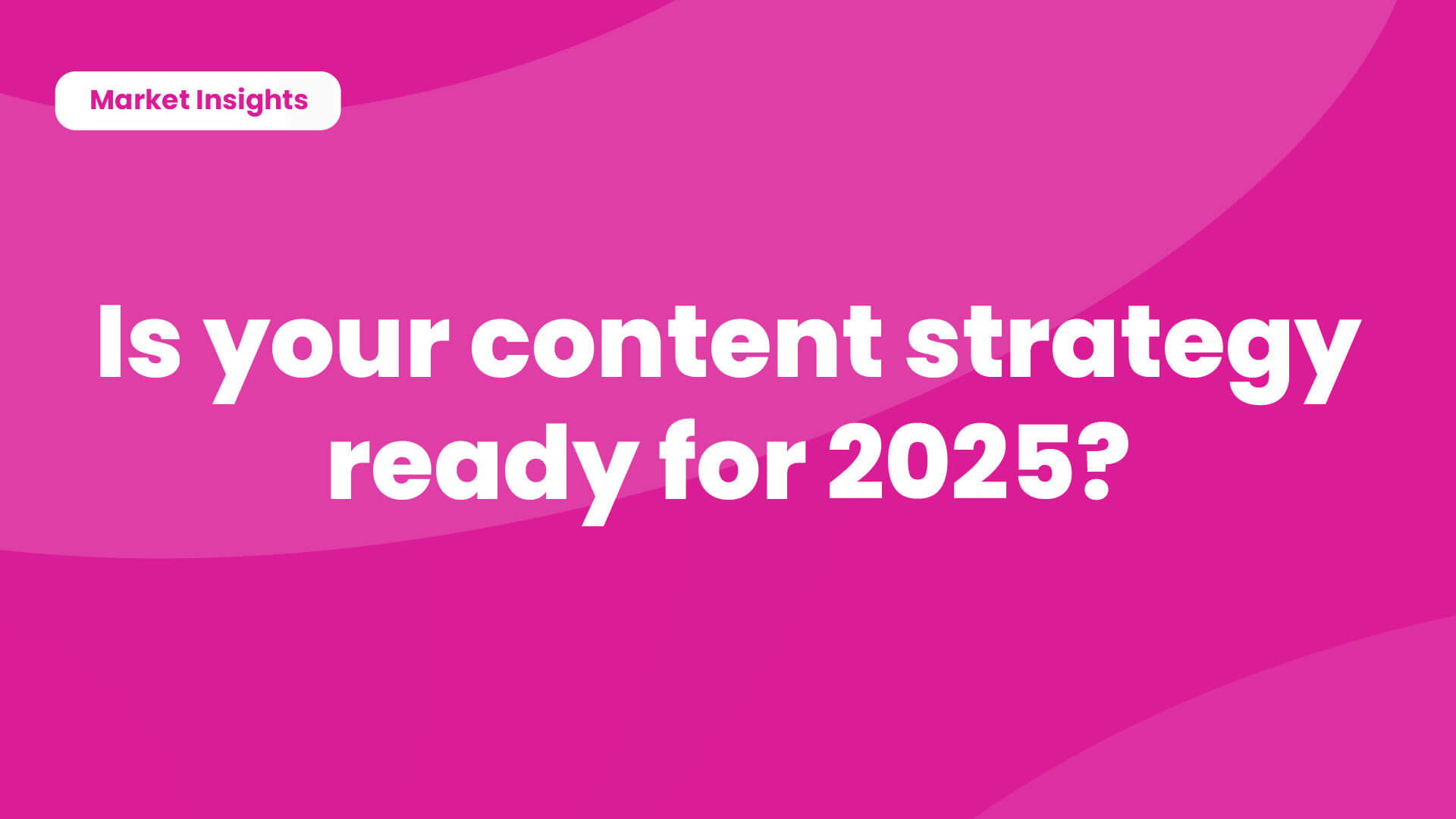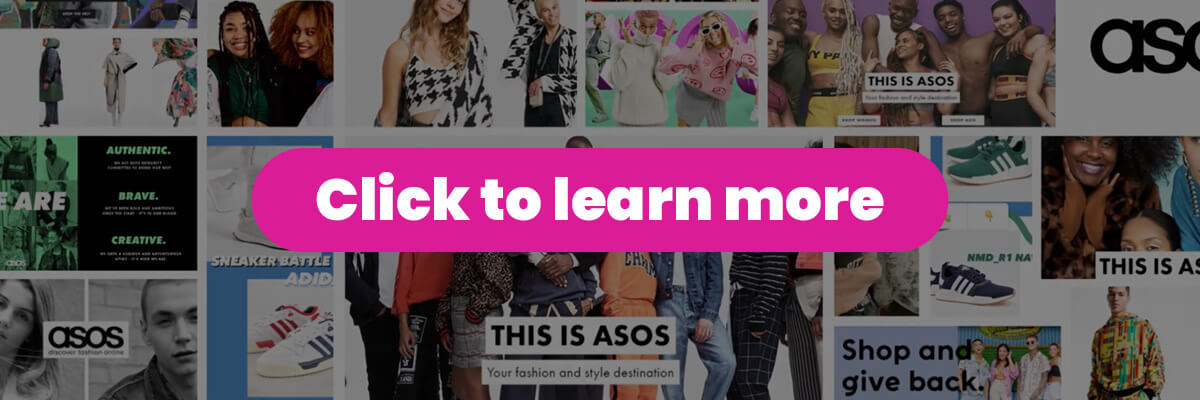Explore the top trends shaping content production in 2025 and learn how ITG’s Halo strategy can help your brand stay agile, efficient, and competitive in a rapidly evolving market.
With content creation demands increasing exponentially and nearly a third (32%) of marketers rating their processes between fair and poor, according to InMotion Marketing, it’s clear that the content marketing landscape has never been more challenging. Brands are expected to deliver personalised, impactful content across multiple channels, all while balancing tightening budgets and increasing pressure to demonstrate ROI.
Adding to the complexity, customers now demand tailored, relevant content delivered seamlessly on their preferred channels. According to HubSpot’s State of Marketing Report, 71% of consumers expect personalised interactions with brands, and businesses that fail to meet these expectations risk losing their competitive edge.
At ITG, we work with some of the world’s leading brands to tackle these challenges head-on. By rethinking traditional production models and integrating tech-enabled solutions, we’re enabling our clients to drive growth while reducing costs.
As we move through January, the 2025 marketing landscape is already taking shape, and these challenges are not going away. Here are five key trends that we expect to define the remainder of the year, along with insights that will help brands to stay ahead of the curve:
1. The rising demand for agile content production
Content marketing continues to grow at an exponential rate, with global content marketing revenue projected to rise from $63 billion in 2022 to $107 billion by 2026, according to Statista. This surge is fueled by the increasing pressure on brands to deliver relevant, personalised content across multiple platforms and customer touchpoints. As this demand grows, so does the need for efficiency in content production. Marketers must create more content at scale, without sacrificing quality or speed.


